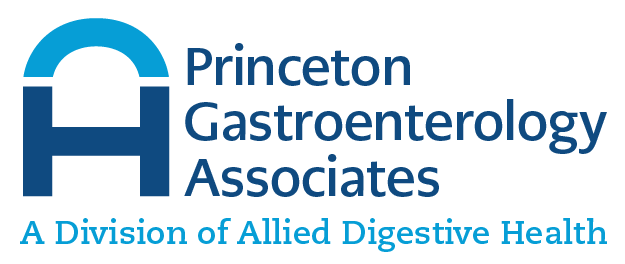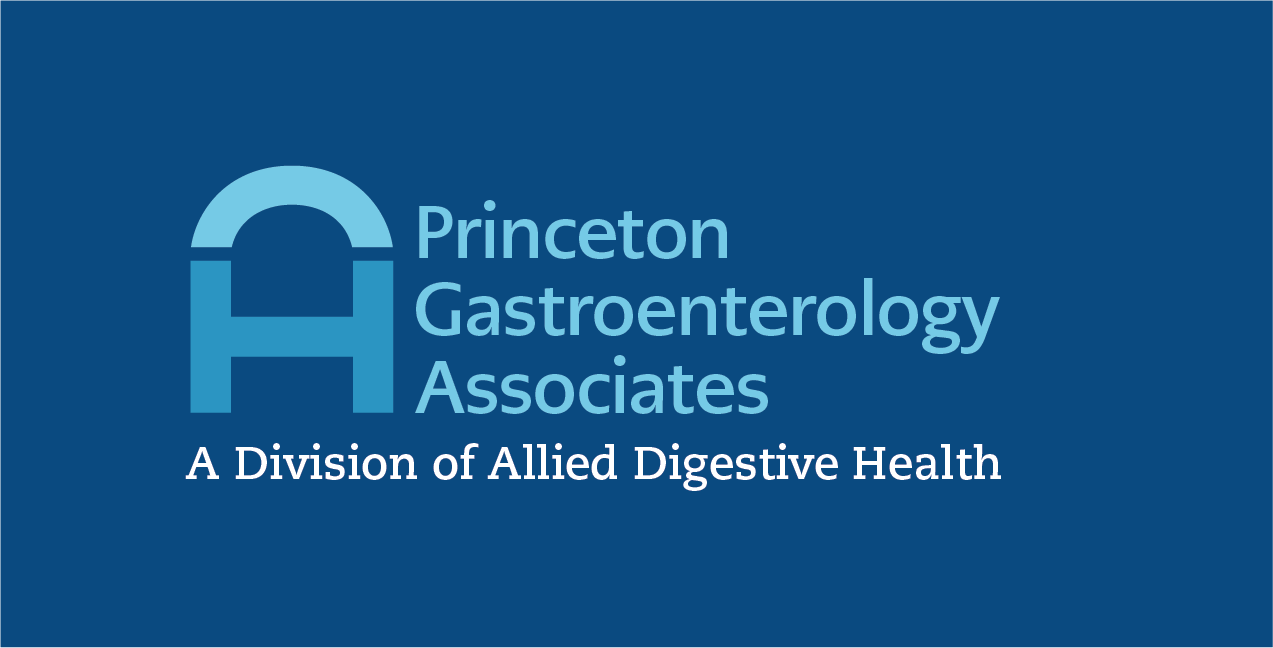Diet & Nutrition
LOW FODMAP DIET
The Low FODMAP Diet is common for those with Irritable Bowel Syndrome (IBS) or Small Intestinal Bacterial Overgrowth (SIBO) to eliminate foods that worsen symptoms. This diet follows an elimination strategy to pinpoint food triggers.
HIGH FIBER DIET
Following a diet high in fiber has a wide range of benefits, including improving bowel health, lowering cholesterol, and controlling blood sugar levels. Many fruits, vegetables, beans, and nuts contain high amounts of fiber.
Managing Constipation
If you are suffering from mild to moderate constipation (having a bowel movement fewer than three times per week), constipation can be treated at home by making some changes to your diet.
Lactose-Free Diet
A lactose-free diet means eating foods that do not contain lactose- a sugar that is found in most milk products. Some people cannot properly break down lactose or makes lactose that does not work properly.
Low Cholesterol Diet
Although your body needs cholesterol, having too much cholesterol can lead to serious health issues, including coronary artery disease and other heart diseases. One of the remedies for lowering high cholesterol is following a low-cholesterol diet.
Gluten-Free Diet
Gluten is the protein part of wheat, rye, barley, and other related grains. Some people cannot tolerate gluten when it comes in contact with the small intestine. This condition is known as celiac disease.
Low Fat Diet
As part of a regular healthy diet, it is recommended that of the total calories eaten, no more than 30% should come from fat.
Gas & Flatulence Prevention Diet
Various functions along the path of digestion contribute to the production of gas and flatulence. A certain degree of gas or flatulence is normal.
Reflux Diet
Symptoms associated with acid reflux or GERD can be caused by a number of factors, including certain foods that may cause the lower esophageal muscle to relax, causing GERD.
Low Fiber Diet
A low-fiber or low residue diet limits the consumption of dietary fiber, oftentimes by placing restrictions on foods found to have high amounts including certain fruits, vegetables, dairy, and whole-grain products.
Bland Diet
A Bland Diet is a diet consisting of foods that are generally soft, low in dietary fiber, cooked rather than raw, and not spicy. Fried and fatty foods, strong cheeses, whole grains (rich in fiber) are also avoided on this diet.
CLEAR LIQUID DIET FOR COLONOSCOPY PREP
A Clear Liquid Diet for Colonoscopy Prep consists of consuming clear liquids including water, seltzer, apple juice, white grape juice, sprite, ginger ale, bouillon, or clear broth.
DIVERTICULOSIS/DIVERTICULITIS DIET
With the presence of Diverticulosis, it is best to follow a high fiber diet. This keeps pressure on the wall of the large intestine and prevents the accumulation of excess bacteria. Increase fiber gradually in your diet, as a sudden increase may cause increased formation of gas.
GALLBLADDER DIET
A Gallbladder Diet focuses on eating small or moderate meals and avoiding all fried and fatty groups, dressing and condiments, and certain vegetables including Asparagus, corn, cucumbers, green peppers, radishes, cabbage, sauerkraut, onions, and garlic.
GASTROPARESIS DIET FOR DELAYED STOMACH EMPTYING
Gastroparesis may be caused by various conditions such as diabetes mellitus, certain disorders of the nervous system, or certain drugs. Often however, no cause can be found although a viral is suspected in some. The purpose of the Gastroparesis Diet is to reduce symptoms and maintain fluids and nutrition.


